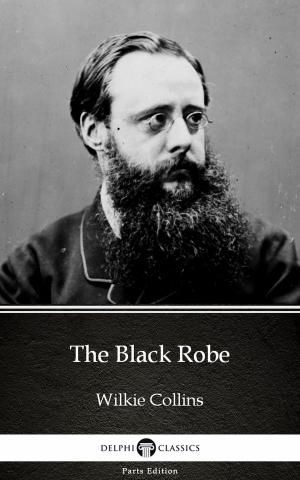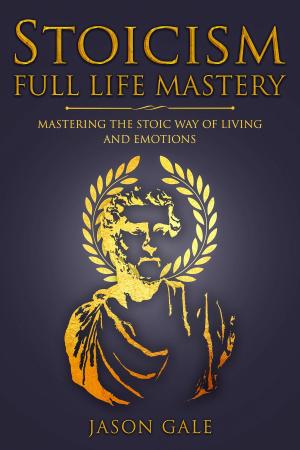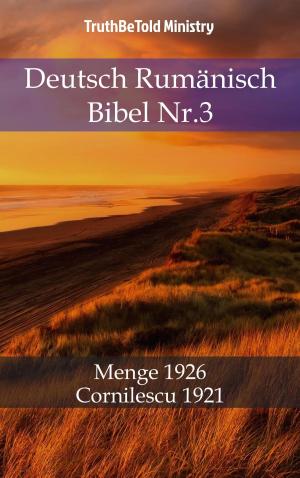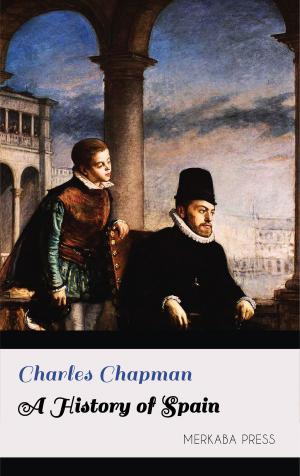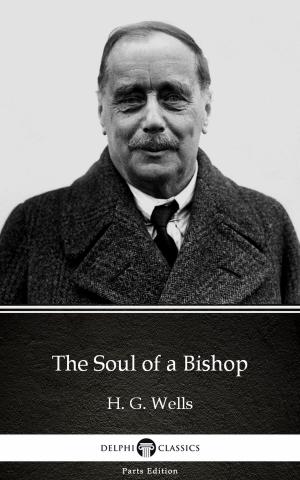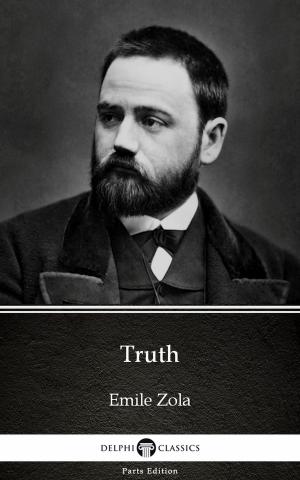Exodus The Story of Prophet Moses (Musa) & Prophet Aaron (Harun) In Islam
Science Fiction & Fantasy, Historical| Author: | Muham Sakura Dragon | ISBN: | 9781519933485 |
| Publisher: | PublishDrive | Publication: | June 24, 2016 |
| Imprint: | PublishDrive | Language: | English |
| Author: | Muham Sakura Dragon |
| ISBN: | 9781519933485 |
| Publisher: | PublishDrive |
| Publication: | June 24, 2016 |
| Imprint: | PublishDrive |
| Language: | English |
Prophet Musa ibn Amram known as Prophet Moses in the Hebrew Bible, is considered a prophet, messenger, and leader in Islam. In Islamic tradition instead of introducing a new religion, Moses is regarded by Muslims as teaching and practicing the religion of his predecessors and confirming the scriptures and prophets before him. The Quran states that Moses was sent by God (Arabic: الله Allāh) to the Pharaoh of Egypt and the Israelites for guidance and warning. Moses is mentioned more in the Quran than any other individual, and his life is narrated and recounted more than that of any other prophet. According to Islam, all Muslims must have faith in every prophet (nabi) and messengers (rasul) which includes Moses and his brother Aaron (Harun).
Moses is considered to be a prophetic predecessor to Muhammad. Generally attributed the tale of Moses as a spiritual parallel to the life of Muhammad, considering many aspects of their lives to be shared. Islamic literature also describes a parallel between their believers and the incidents which occurred in their lifetimes. The exodus of the Israelites from Egypt is considered similar to the migration (hijra) made by the followers of Prophet Muhammad SAW. Moses is also believed by Muslims to have foretold the coming of Prophet Muhammad, who would be the last prophet.
Prophet Harun or Aaron is also mentioned in the Quran as a prophet of God. The Quran praises Aaron repeatedly, calling him a "believing servant" as well as one who was "guided" and one of the "victors". Aaron is important in Islam for his role in the events of the Exodus, in which, according to the Quran and Muslim tradition, he preached with his brother Moses to the Pharaoh of the Exodus. Aaron's significance in Islam, however, is not limited to his role as the helper of Moses. Islamic tradition also accords Aaron the role of a patriarch, as tradition records that the priestly descent came through Aaron's lineage, which included the entire House of Amran.
Prophet Muhammad SAW, in many of his sayings, speaks of Prophet Aaron. In the event of the Mi'raj, his miraculous ascension through the Heavens, Muhammad is said to have encountered Aaron in the fifth heaven. According to old scholars, including Ibn Hisham, Muhammad, in particular, mentioned the beauty of Aaron when he encountered him in Heaven. Martin Lings, in his biographical Prophet Muhammad SAW, speaks of Prophet Muhammad's wonderment at seeing fellow prophets in their heavenly glory:
Of Joseph he said that his face had the splendour of the moon at its full, and that he had been endowed with no less than the half of all existing beauty. Yet this did not diminish Muhammad's wonderment at his other brethren, and he mentioned in particular the great beauty of Aaron.
Prophet Musa ibn Amram known as Prophet Moses in the Hebrew Bible, is considered a prophet, messenger, and leader in Islam. In Islamic tradition instead of introducing a new religion, Moses is regarded by Muslims as teaching and practicing the religion of his predecessors and confirming the scriptures and prophets before him. The Quran states that Moses was sent by God (Arabic: الله Allāh) to the Pharaoh of Egypt and the Israelites for guidance and warning. Moses is mentioned more in the Quran than any other individual, and his life is narrated and recounted more than that of any other prophet. According to Islam, all Muslims must have faith in every prophet (nabi) and messengers (rasul) which includes Moses and his brother Aaron (Harun).
Moses is considered to be a prophetic predecessor to Muhammad. Generally attributed the tale of Moses as a spiritual parallel to the life of Muhammad, considering many aspects of their lives to be shared. Islamic literature also describes a parallel between their believers and the incidents which occurred in their lifetimes. The exodus of the Israelites from Egypt is considered similar to the migration (hijra) made by the followers of Prophet Muhammad SAW. Moses is also believed by Muslims to have foretold the coming of Prophet Muhammad, who would be the last prophet.
Prophet Harun or Aaron is also mentioned in the Quran as a prophet of God. The Quran praises Aaron repeatedly, calling him a "believing servant" as well as one who was "guided" and one of the "victors". Aaron is important in Islam for his role in the events of the Exodus, in which, according to the Quran and Muslim tradition, he preached with his brother Moses to the Pharaoh of the Exodus. Aaron's significance in Islam, however, is not limited to his role as the helper of Moses. Islamic tradition also accords Aaron the role of a patriarch, as tradition records that the priestly descent came through Aaron's lineage, which included the entire House of Amran.
Prophet Muhammad SAW, in many of his sayings, speaks of Prophet Aaron. In the event of the Mi'raj, his miraculous ascension through the Heavens, Muhammad is said to have encountered Aaron in the fifth heaven. According to old scholars, including Ibn Hisham, Muhammad, in particular, mentioned the beauty of Aaron when he encountered him in Heaven. Martin Lings, in his biographical Prophet Muhammad SAW, speaks of Prophet Muhammad's wonderment at seeing fellow prophets in their heavenly glory:
Of Joseph he said that his face had the splendour of the moon at its full, and that he had been endowed with no less than the half of all existing beauty. Yet this did not diminish Muhammad's wonderment at his other brethren, and he mentioned in particular the great beauty of Aaron.

